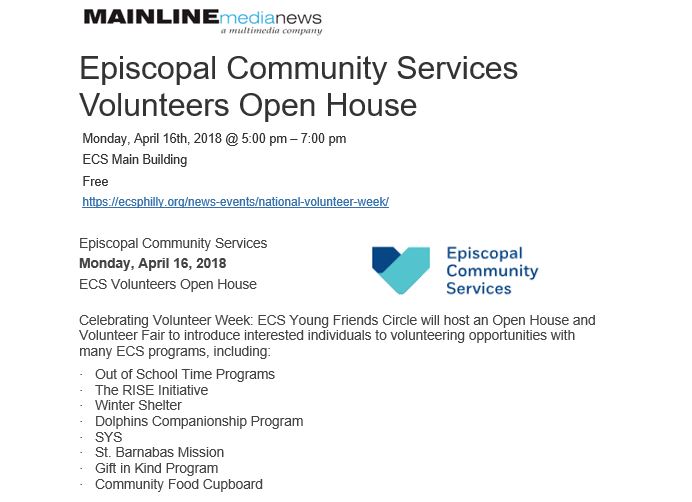Using Community Calendars to Promote Your Healthcare Event or Fundraiser
There’s a pivotal moment in the classic baseball movie “Field of Dreams” when Kevin Costner is standing in the midst of a cornfield and hears a voice say: “If you build it, he will come.”
With the support of his loving wife, played by Amy Madigan (and despite many questions about his sanity), he builds a baseball diamond on his cornfield and is soon visited by the incarnations of long-dead baseball greats reuniting to play ball.
As a healthcare communicator, you may need to have as much diligence and perseverance in promoting your healthcare screening, charitable fundraiser or community recognition event in order to achieve maximum interest and attendance.
As you are devising your earned media strategy, don’t overlook the value of good old-fashioned citizen journalism. Community calendar listings can be a free and practical way to reach your targeted community supporters.
Do Your Homework
It sounds simple. Go online. Locate a website. Post your information. Those are the basics. Of course, there’s a bit more to it.
In other words, you’ll need to do some homework.
As with any marketing effort, you will first need to define your audience. Who are you targeting? Are you segmenting by geography? By demographics? By topic/interest? By income? Clearly establishing who you want to reach will help you decide on the best way to reach them.
Next you will want to determine the range of calendar listing opportunities that are available to you. Start with your local mainstream media. Local daily, weekly and independent community newspapers and broadcast television and radio stations often maintain community calendars on their websites that consumers can access and post to. (Note: We are seeing a growing trend in which websites require users to select a permanent User Name and Password in order to access calendar posting applications. Make sure to keep a running list of the sites, the User Name you select and your Password for future use. Or you can utilize a reliable Password app. You’ll save yourself a lot of time and trouble.)
If there isn’t a special community calendar, you might try sending in your information as a news tip. Often there is a special “newstips” email listed under the contact section. Or you can try to look up the local community news editor, if there is one.
Audience Interests
Who are you trying to reach with your message/event? People interested in health or fitness tips or information? Senior citizens? Mothers or mothers-to-be? Parents with school age children? Family members of patients with cancer, cardio-pulmonary or other illnesses?
See if there are local support or special interest groups aligned with your topic or interest that might consider posting your information or making it available to their members.
One way to get a quick idea of what’s out there is to do a Google search: Type in “Community Calendar” and your relevant zip code.
The Message
The main thing, of course, is to make sure your target audience is getting accurate up-to-date information. For community calendar listings, it’s easy to put together a basic message containing the Who, What, Where and When that can be copied and pasted for the various sites.
Depending on the site, you may have to spend some time inputting specific information, particularly if your event or program runs over multiple dates. Make sure you have the proper times and locations, as well. (The simplest details can be the easiest to overlook.)
Also, make sure to provide a contact where interested persons may obtain additional information or clarification of details. Ideally you’ll have one person designated as your information contact, along with their name, email and/or phone number.
As a final touch, make sure to include your logo or some other visual that reflects your organization (or brand) or graphically supports the message and theme of your event.
Event planning is no field of dreams. Just because you’re willing to stage a special event doesn’t automatically mean people will come. You still need to make them aware of the event and why it’s important for them to attend.
In a lot of ways an effective community calendar program is like playing “small ball” baseball. You’re not swinging for the fences. You’re bunting, running, singling and scoring by doing all the little things right. But that still takes preparation, alertness and the determination to get the job done.
